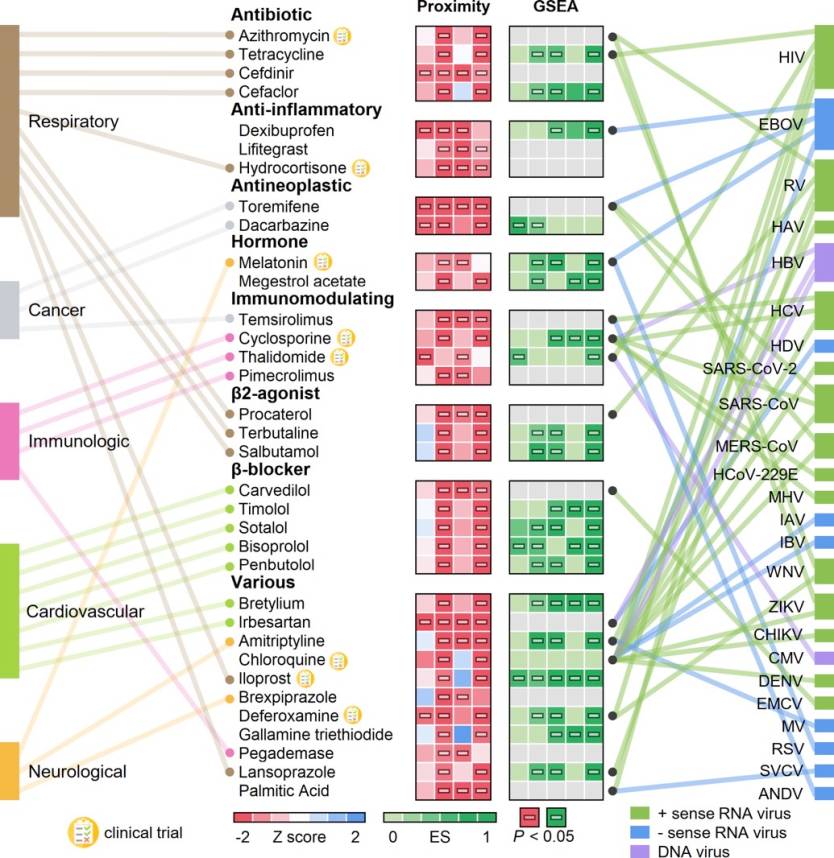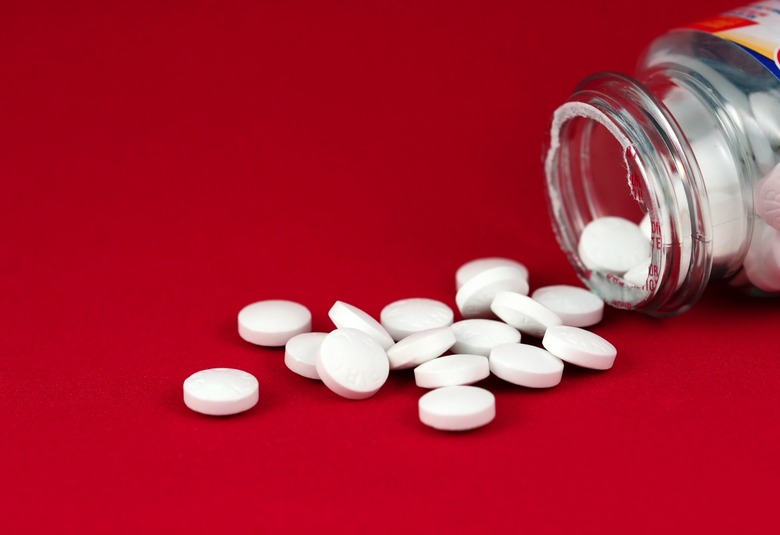Doctors May Have Found Another Common Household Drug That Helps Treat COVID-19
- Researchers have found another common drug that might be effective against the novel coronavirus.
- A paper from the Cleveland Clinic explains that medicine used to treat medical conditions that may have similar manifestations to COVID-19 could be useful in COVID-19 management.
- Melatonin, a hormone used as a sleeping-aid, is at the top of the list, showing promise for coronavirus therapy. The drug will have to clear clinical trials before it can be used in COVID-19.
We can add melatonin to the growing list of common drugs that are available for all sorts of medical conditions that might also be effective against the novel coronavirus. A growing number of reports have shown that vitamin D can prevent severe COVID-19. The UK's most important coronavirus therapy study, which brought us dexamethasone earlier this year, is now studying low-dose aspirin as a treatment for COVID-19.
Some studies have shown that aspirin can reduce complications. Similar studies exist for other drugs and supplements, including famotidine, zinc, and vitamin C. That's because one of the biggest hurdles in managing the pandemic remains the at-home treatment of patients who suffer from mild-to-moderate COVID-19. Melatonin is apparently a promising coronavirus treatment, according to new research. The drug is usually administered to improve sleep. It was one of the meds that White House physicians gave to President Trump after he was diagnosed with COVID-19 in late September, before his hospitalization.
Today's Best Deal
Cleveland Clinic researchers have identified melatonin as one of the 34 known drugs that might be effective against the novel coronavirus. The graphic below lists those drugs, marking the ones that made it to clinical trials.

From the study: "Thirty-four drugs from the top predicted list are highlighted, with the disease category they are approved for by the US Food and Drug Administration."
The scientists used an artificial intelligence platform from the Lerner Research Institute to look at possible drugs that can be repurposed for COVID-19 use. Melatonin use was associated with an almost 30% reduced likelihood of testing positive for coronavirus. The percentage went to 52% for African Americans. The researchers used data from the Cleveland Clinic's COVID-19 registry and adjusted for several parameters, including age, race, smoking history, and comorbidities.
But researchers explain that people should not start taking the drug without consulting their physicians. "Large-scale observational studies and randomized controlled trials are critical to validate the clinical benefit of melatonin for patients with COVID-19, but we are excited about the associations put forth in this study and the opportunity to further explore them," Dr. Feixiong Cheng said in a statement.
To find promising drugs for coronavirus therapy, the researchers analyzed records to identify similarities between manifestations and pathologies common to COVID-19 and other illnesses. They measured "the proximity between host genes/proteins and those well-associated with 64 other diseases across several disease categories (malignant cancer and autoimmune, cardiovascular, metabolic, neurological and pulmonary diseases), where closer proximity indicates a higher likelihood of pathological associations between the diseases."
What that means in practice is that the scientists found that multiple proteins in the structure of the virus are associated with two of the main COVID-19 complications, respiratory distress syndrome, and sepsis. "This signals to us, then, that a drug already approved to treat these respiratory conditions may have some utility in also treating COVID-19 by acting on those shared biological targets," Cheng said.
Among the medical conditions that showed "significant proximity" to the novel coronavirus, the researchers cite "autoimmune (e.g., inflammatory bowel disease), pulmonary (e.g., chronic obstructive pulmonary disease and pulmonary fibrosis) and neurological (e.g., depression and attention-deficit hyperactivity disorder)."
There's no guarantee that melatonin will actually be effective in COVID-19 therapy. The list above includes chloroquine, a type of drug that failed in clinical trials so far. Azithromycin was also studied in connection with hydroxychloroquine and alone without yielding promising results.
A similar study in late May identified other known drugs that might show effectiveness against SARS-CoV-2. Xanax was the best-known among them.
The full Cleveland Clinic study is available in PLOS Biology.
